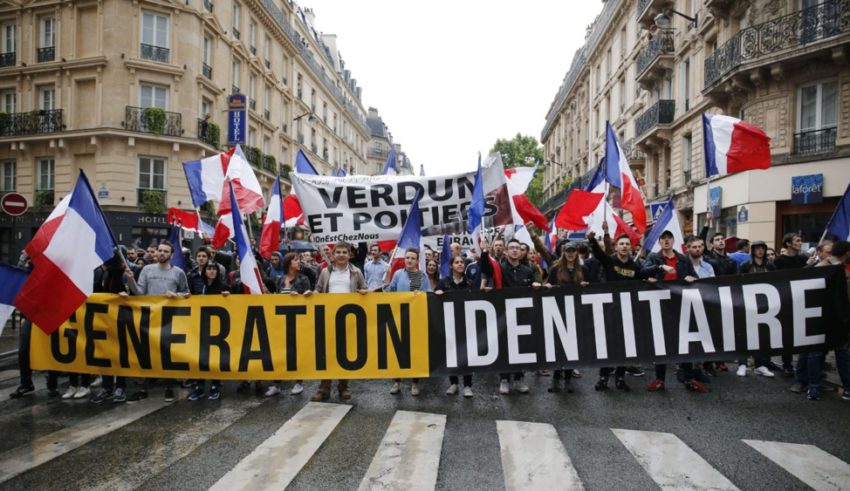
As Cas Mudde, professor of political science at the University of Georgia, stated, the victories of the Brothers of Italy and the Sweden Democrats has been the result of “at least two-decades-long process of what is the mainstream normalization of the far-right across Europe”.
Joined by conspiracy’s theories against the national identity, anti-LGBTQ+ and anti-immigration sentiment, far-right parties in Europe are rising and gaining more and more consensus, proven by not only Italy and Sweden, but also by the almost victory of Le Pen, who “got more than 41% of the vote in a runoff, far more than she got in 2017, which suggests that her anti-immigration message is growing in France.” Additionally, to Poland and Hungary “where more entrenched far-right leaders have won and kept power.”
While European Union suggests funding for Italy would be cut “if Meloni’s policies violate the rule of law”, Ursula von der Leyen assures that “if things go in a difficult direction, we have tools.” But are these tools strong enough to maintain European Union’s hold?
After Italian elections, Meloni’s positions towards EU have been smoothed, and from a Euro-sceptic position, she says that she wants a more proactive role of Italy in EU, by not accepting passively decisions from above, but actively contributing to them. Even though Italy is one of the founders of the European Community, and that it is already proactively involved in the decision-making process, what exactly means to “re-emerge as a protagonist in Europe”? Does it mean that Italy should be allowed to do whatever it wants without being “controlled” by EU?
On the other hand, latest news from France, says that Marine Le Pen has recently tried to dissociate herself from violent far-right groups, asking the dissolution of the little radical and extremist parties, condemning all forms of violence whether it is from right or left. Lots of comments and critics stated that it was a political strategy rebranding its image as a moderate politician with a view to next elections.
Are they really trying to be more moderate or is it just appearance?
It seems, indeed, that on one hand these parties are trying to clean their image and appear as moderate as possible, on the other hand, when it comes ruling a country, their “Euro-sceptism” position, can be hidden and underestimated, even though they desire more freedom and less control.
So, whether far-right parties are still in the national government or not, looking from a wider European perspective, they should scary us. Not just for the messages, and hatred, that they encourage, but also for the potential lack of “tools” that European Union might have in the long run period.
European Union was founded from the ashes of two destructive and brutal wars, and after less than 80 years, we have already forgotten where the extremism took Europe and its population. Therefore, although today European Union is apparently quite solid in defending its law, its principles, and its existence, will it be equally capable in maintaining its hold?
By The European Institute for International Law and International Relations.















